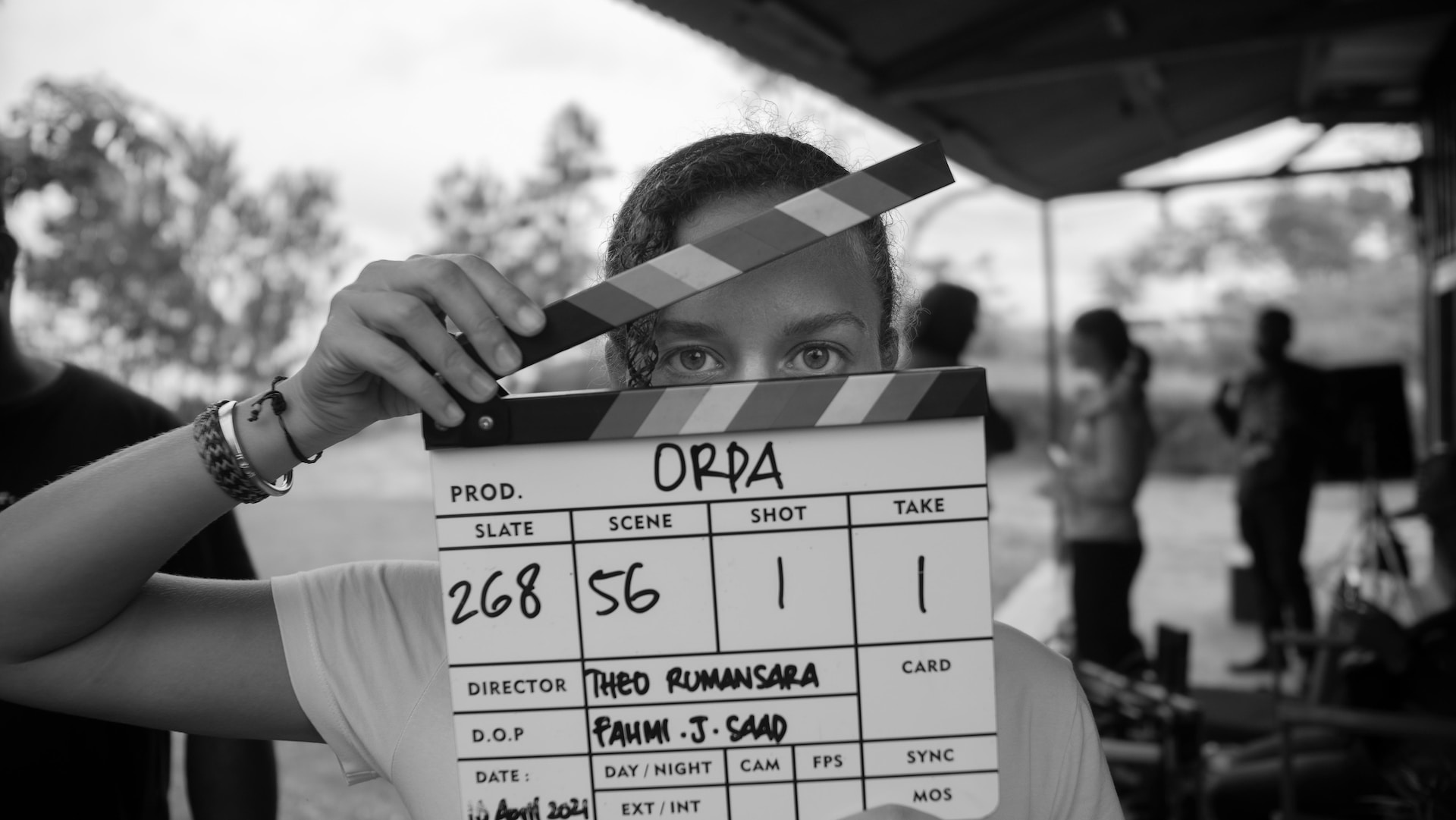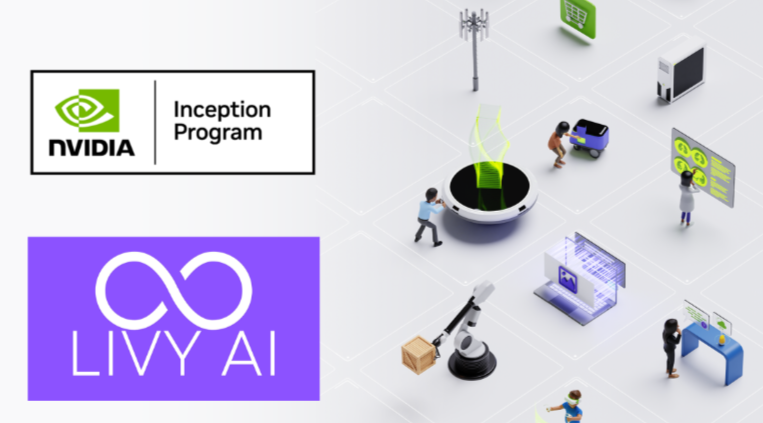
In the realm of filmmaking, technology has always been a cornerstone for innovation. From the first motion picture cameras to the advent of color, sound, and digital cinematography, every technical advancement has broadened the scope of what can be achieved on screen. Now, as we venture into a new era, Artificial Intelligence (AI) stands as the frontier technology ready to redefine the landscape of filmmaking.
1. Story Creation and Screenwriting:
AI has the potential to assist filmmakers right from the inception of a story. Algorithms can analyze vast amounts of data from literary works, movies, and cultural trends to generate unique story ideas and even develop them into full-fledged screenplays. With AI, filmmakers can explore a wider array of narrative possibilities and find fresh inspiration for their next project.
2. Casting Optimization:
AI can significantly streamline the casting process by analyzing an enormous pool of actors, evaluating their past performances, and matching them to roles in a script. This kind of automated casting can ensure a perfect fit for each character, enhancing the overall authenticity and impact of the story.
3. Real-time CGI and Virtual Production:
The advancement in AI-powered graphics generation has paved the way for real-time CGI and virtual production. Filmmakers can now visualize complex scenes on set in real time, making informed decisions and reducing post-production costs. The lines between the physical and digital realms are becoming increasingly blurred, offering a canvas that is as boundless as a creator's imagination.
4. Automated Editing:
AI algorithms can analyze hours of footage to find the perfect shots based on predefined criteria such as emotions, framing, lighting, and more. This can significantly expedite the editing process, providing editors with a refined selection of shots to work from and allowing them to focus on the creative aspects of storytelling.
5. Predictive Analytics for Market Success:
With predictive analytics, filmmakers can gauge audience reaction and market success even before a movie hits the theaters. AI can analyze various factors like genre trends, cast popularity, and social media buzz to provide insights into potential box office performance.
6. Customized Viewing Experiences:
The future might see movies that adapt to individual viewer preferences, offering a personalized viewing experience. Imagine a thriller that adjusts its suspense level to your liking or a romance movie that alters its storyline based on your emotional responses.
7. Enhanced Accessibility:
AI can also make cinema more accessible. Real-time language translation and automated subtitling/captioning can break down language barriers, making movies universally accessible irrespective of the viewer's language proficiency.
8. Audience Engagement and Interactive Storytelling:
AI opens the door for interactive storytelling where audiences can engage with the narrative in a dynamic way. Films could evolve into fluid narratives with multiple story paths, allowing viewers to interact and influence the storyline through digital platforms.
9. Training and Education in Filmmaking:
With AI-powered simulation and analysis, aspiring filmmakers can learn the craft faster and in a more immersive manner. They can experiment in virtual production environments, receive instant feedback, and refine their skills in real-world scenarios.
10. Ethical and Copyright Challenges:
As AI integrates deeper into filmmaking, it raises pivotal questions about authorship, creative integrity, and copyright. Navigating these ethical waters will be a crucial part of embracing AI in filmmaking.
Conclusion:
The integration of Artificial Intelligence in filmmaking heralds a thrilling epoch of unbounded creative exploration and enhanced viewer engagement. While the human essence of storytelling remains irreplaceable, AI acts as a powerful tool to extend the horizons of what's conceivable in cinema. The symbiosis between human creativity and artificial intelligence holds the promise of a cinematic future full of awe, wonder, and boundless narrative landscapes.
As filmmakers, audiences, and enthusiasts of the art, the journey towards this future is laden with anticipation and endless possibilities. Every scene crafted with the aid of AI is a step towards unchartered narrative territories, each frame a promise of stories yet to unfold in the enigmatic canvas of cinema.

